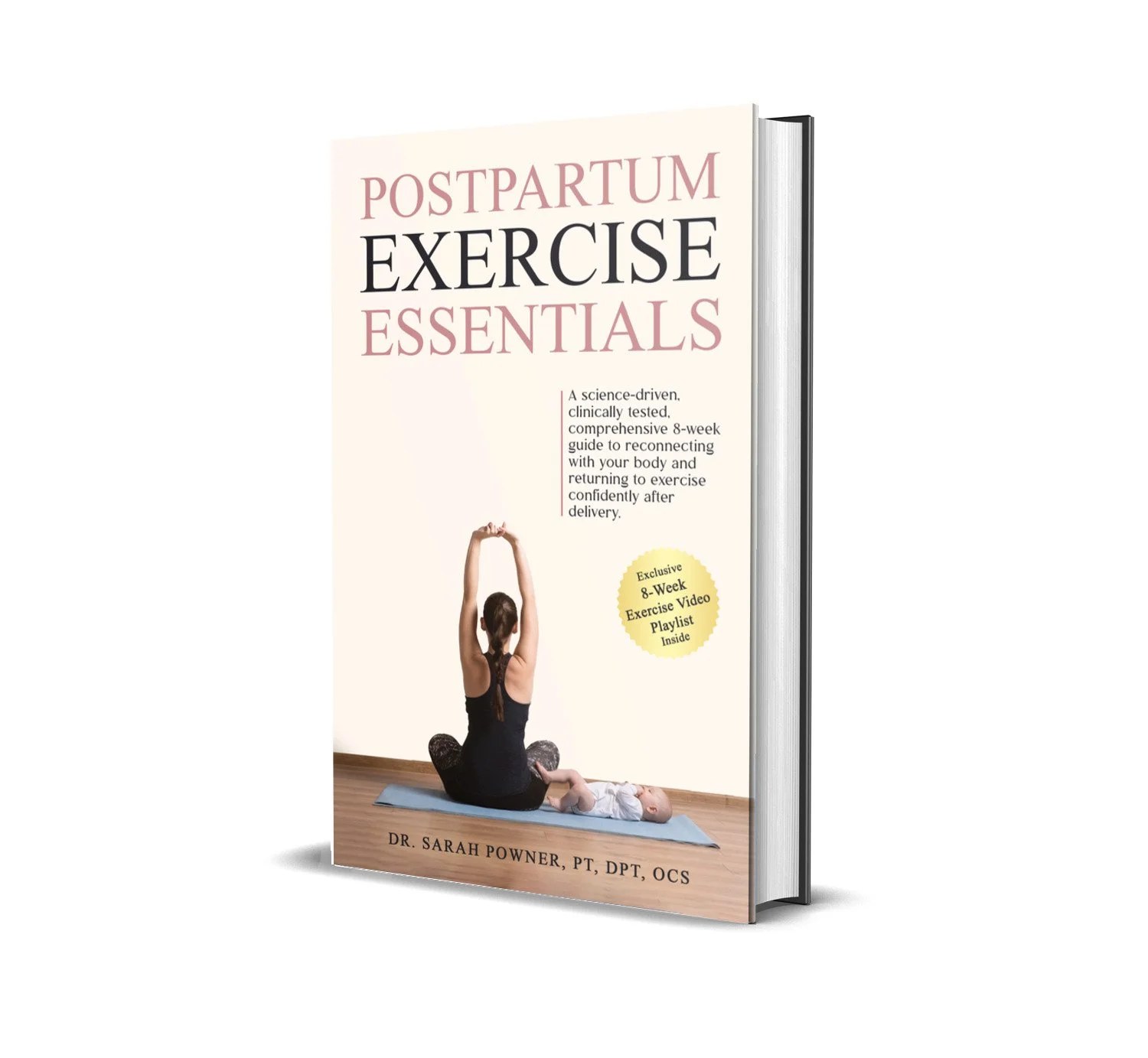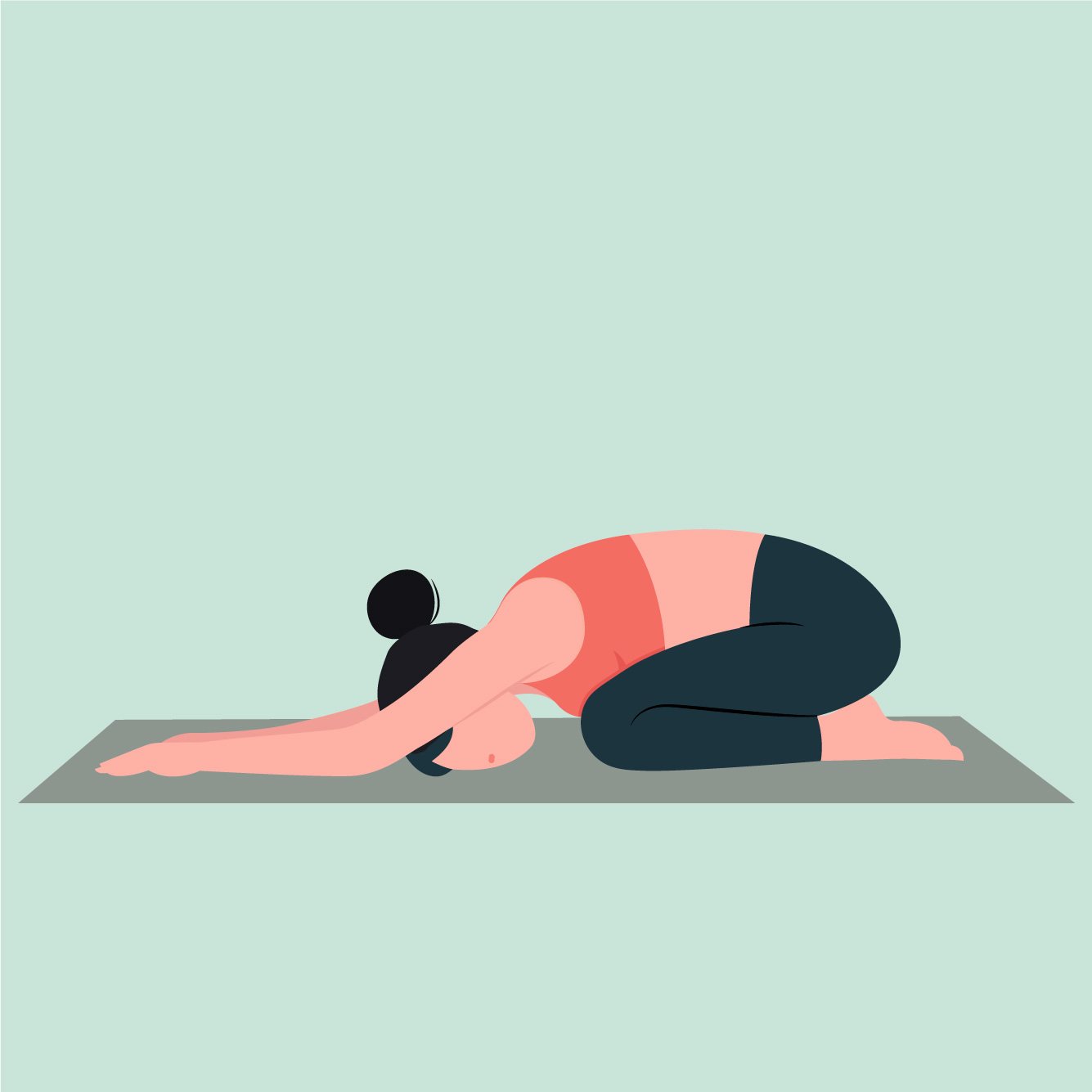The First Month After Having a Baby: Essential Steps for Your Body’s Recovery
The first month after childbirth is a critical time for healing and adjusting to life with your newborn. Your body has undergone incredible changes over the last nine months, and now it needs focused care and patience to support a smooth recovery. Here’s what to focus on during this first month to nurture your body, safeguard your health, and set yourself up for long-term wellness.
Why the First Month Matters So Much
Your body is working hard to recover from pregnancy and birth, adjust to new hormonal levels, and support the demands of caring for a newborn. Paying attention to your needs now can reduce long-term complications and help you build a stronger foundation for the months to come.
Physical Healing in the Early Weeks
Uterine Recovery: During the first month, your uterus will begin to shrink back to its original size, a process called "involution." You may experience mild cramping as this occurs, especially during breastfeeding, which releases oxytocin to help your uterus contract.
Pelvic Floor Recovery: Your pelvic floor muscles need time to recover, whether you had a vaginal or cesarean birth. This healing period is essential to prevent issues like incontinence, prolapse, or ongoing pelvic discomfort.
Hormonal Rebalancing: After birth, hormone levels shift dramatically, which can affect mood, energy, and even milk supply. Allowing yourself extra rest and nourishment helps your body regulate these changes more smoothly.
Mental and Emotional Adjustments
Postpartum Mood Shifts: With all the changes, it’s common to experience the “baby blues” in the first few weeks, including mood swings, irritability, and feeling overwhelmed. For some, these feelings may progress to postpartum depression, which is important to monitor with your support network.
Bonding with Your Baby: The first month is essential for bonding, both for your baby’s emotional development and for creating a connection that strengthens over time. While this might come naturally, it’s okay if it feels gradual. Gentle bonding activities like skin-to-skin contact, eye contact, and gentle touch can be comforting for both of you.
Key Actions to Support Recovery During the First Month
Prioritize Rest as Much as Possible
Your body is doing a lot of “behind the scenes” work to heal and adapt, so rest is crucial. Sleep whenever you can, even if it means taking naps during the day. Accept help from friends and family so you can focus on healing and caring for your newborn.
Eat Nutritious, Healing Foods
Eating balanced, nutrient-dense meals helps replenish your energy, supports tissue repair, and boosts your immune system. Focus on foods rich in protein, whole grains, healthy fats, and plenty of fruits and vegetables. If you’re breastfeeding, you may need additional calories, so listen to your hunger cues and keep snacks readily available.
Stay Hydrated
Drinking plenty of water aids in healing and helps with milk production if you’re breastfeeding. Keep a water bottle with you and aim to drink regularly, especially after nursing.
Take Gentle Walks and Do Light Stretches
While your body needs rest, gentle movement like short walks can help improve circulation, lift your mood, and reduce stiffness. Avoid anything high-impact and check with your healthcare provider before doing exercises beyond light stretching or walking.
Care for Your Pelvic Floor
This month is all about gentle recovery for your pelvic floor. If recommended by your doctor, you can start with simple pelvic floor exercises, like Kegels, to gradually strengthen these muscles. Consider consulting a pelvic floor specialist for guidance if you’re unsure.
Monitor Your Mood and Ask for Help When Needed
Being honest about your feelings and reaching out if you need support can make a world of difference. Connect with friends, family, or postpartum support groups, and talk to your healthcare provider if you’re experiencing persistent sadness or anxiety. Prioritizing mental health is just as important as physical recovery.
Limit Visitors and Protect Your Energy
Visitors can be lovely, but they can also disrupt your rest. Feel free to set boundaries, and ask for privacy when you need it. You deserve time to recover and adjust, and most people will understand if you request a bit of space.
Accept Help
Whether it’s a family member bringing meals or a friend holding the baby while you rest, don’t hesitate to lean on others. It’s easy to feel like you need to do everything on your own, but accepting help will lighten your load and allow you to focus on recovery.
Want to learn more about this and have an week by week plan to guide you in recovery?
Check out our book:
Common Myths About Postpartum Recovery in the First Month
“You Should Feel Normal Right Away”
Recovery is different for everyone. Your body has been through major physical and hormonal changes, so don’t expect to “bounce back” immediately. Be patient with yourself and trust that healing takes time.
“Focusing on Your Recovery Is Selfish”
Prioritizing your recovery is essential to caring for your baby. The better you feel physically and emotionally, the more energy and patience you’ll have to give to your newborn.
“Breastfeeding Just Comes Naturally”
While breastfeeding is natural, it can also be challenging. Don’t hesitate to reach out to a lactation consultant or ask for help if you’re struggling. It’s a new experience for both you and your baby, and it’s okay if it takes time to adjust.
Setting the Foundation for Long-Term Health
The first month after having a baby is about gentle recovery, listening to your body, and prioritizing your needs. Taking this time to nurture yourself will set the stage for a healthier, stronger postpartum journey in the months to come. Remember to go at your own pace, trust your instincts, and lean on your support system as you navigate this beautiful and challenging new chapter.
Other Posts You Might Like
















